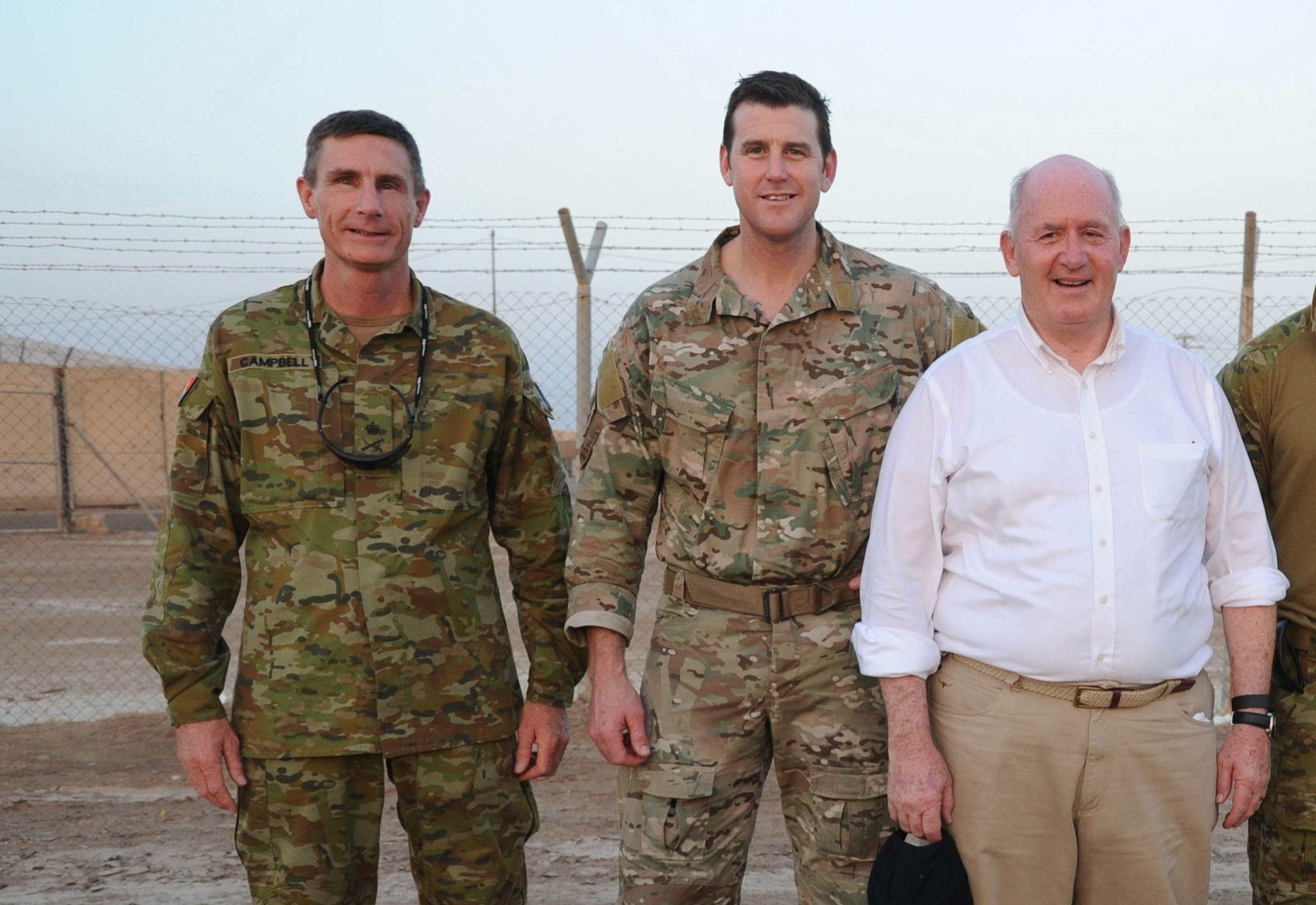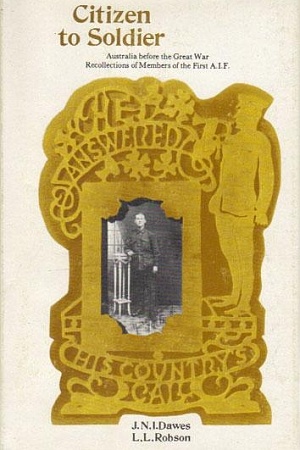Self-inflicted wounds

Justice Anthony Besanko’s dismissal of Ben Roberts-Smith’s defamation proceedings against a trio of mastheads – The Age, The Canberra Times, and The Sydney Morning Herald, at the time all owned by Fairfax – was a comprehensive victory for those newspapers. It was a vindication of their serious investigative journalism on matters of high public interest. And it was a devastating blow to the reputation of Roberts-Smith.
The stakes in this litigation were high. On one side was a highly decorated soldier, a Victoria Cross recipient – a person of high reputation in a country where the Anzac tradition is memorialised and valorised. On the other side was an exercise of the freedom of the press, to expose real or alleged crimes and abuses of power. At the centre of the dispute were allegations made against Roberts-Smith in a series of newspaper articles from June 2018 of the utmost seriousness. He was accused of murder, war crimes, bullying, and domestic violence. In response to the publications, Roberts-Smith elected to sue the newspapers and their journalists.
The articles themselves and the subsequent defamation trial may form the beginning of a reckoning with the truth of what happened during Australia’s involvement in the war in Afghanistan. Extremely serious findings were made in the Brereton Report (2020), but no criminal charges have yet been laid in response to them. The findings against Roberts-Smith may increase the political pressure for charges to be laid against him or others in relation to their conduct in Afghanistan. In the meantime, his defamation trial served, in significant respects, as a de facto war crimes trial. This was obviously undesirable but was an inevitable consequence of Roberts-Smith suing upon those allegations.
Continue reading for only $10 per month. Subscribe and gain full access to Australian Book Review. Already a subscriber? Sign in. If you need assistance, feel free to contact us.














Leave a comment
If you are an ABR subscriber, you will need to sign in to post a comment.
If you have forgotten your sign in details, or if you receive an error message when trying to submit your comment, please email your comment (and the name of the article to which it relates) to ABR Comments. We will review your comment and, subject to approval, we will post it under your name.
Please note that all comments must be approved by ABR and comply with our Terms & Conditions.